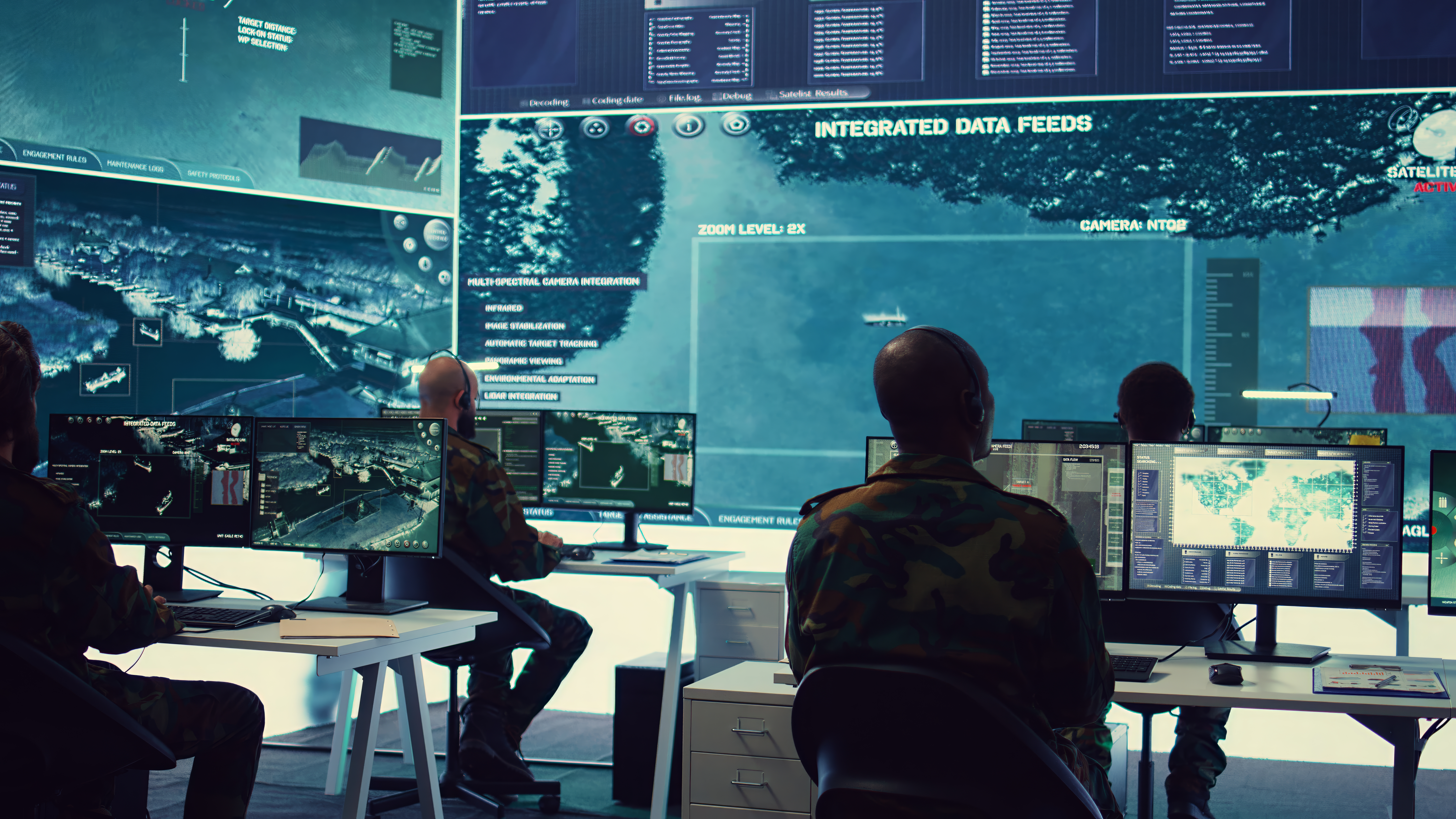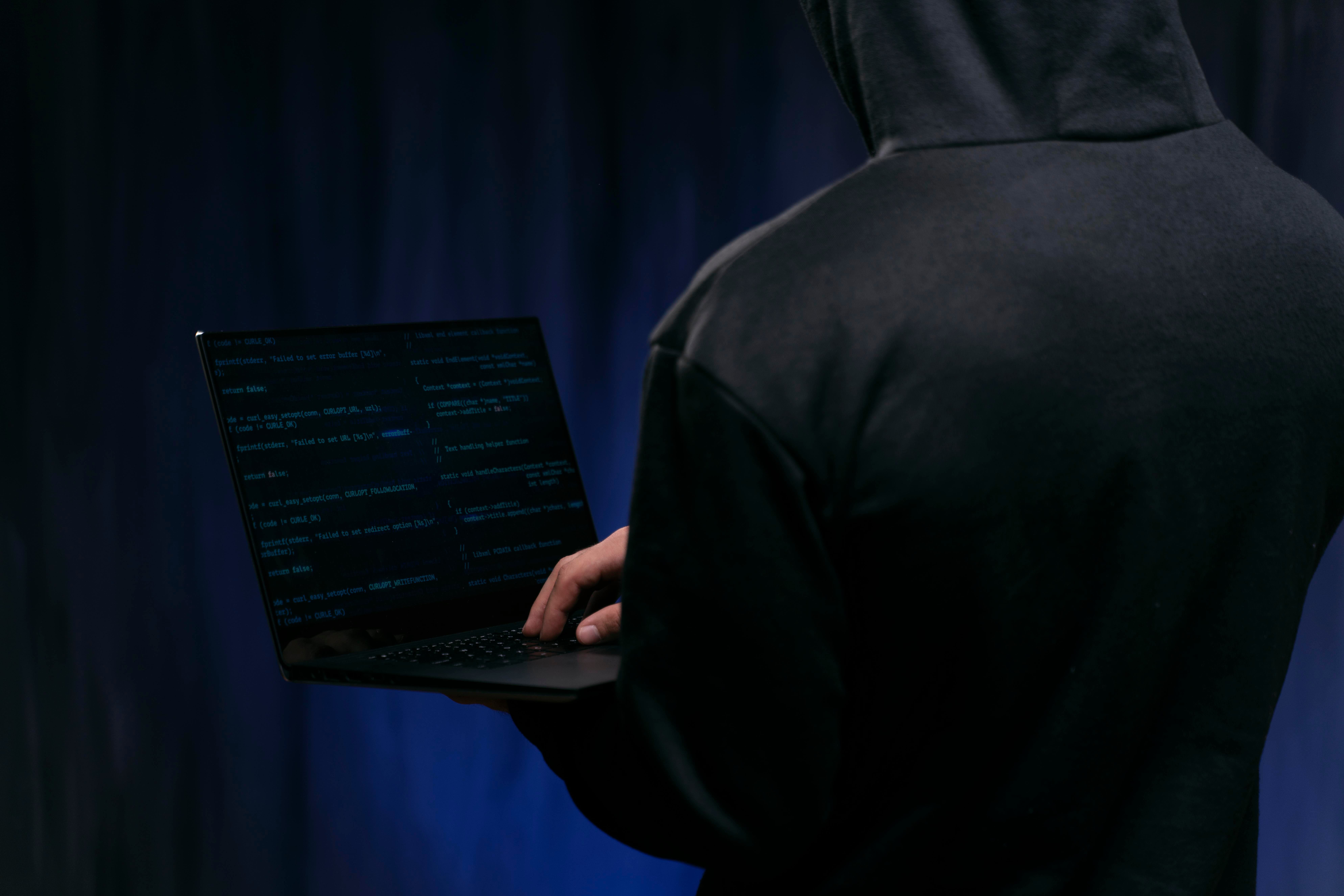The International Committee of the Red Cross (ICRC) and the Geneva Academy of International Humanitarian Law and Human Rights have jointly released a report examining how international humanitarian law (IHL) applies to civilian participation in cyber and other digital activities during armed conflicts. The report is based on extensive global research and expert consultations conducted within the framework of their initiative.
The publication addresses key legal issues, including the protection of civilians and technology companies during armed conflict, and the circumstances under which such protections may be at risk. It further analyses the IHL obligations of civilians, such as individuals engaging in hacking, when directly involved in hostilities, as well as the responsibilities of states to safeguard civilians and civilian infrastructure and to ensure compliance with IHL by populations under their control.
The report echoes several key messages found in the second chapter of the Geneva Manual, an initiative under the Geneva Dialogue led by the Swiss Government and implemented by DiploFoundation with the support of several partners. The Manual gathers perspectives from non-state stakeholders on the implementation of cyber norms related to the protection of critical infrastructure.
In particular, both documents emphasise the need to minimise civilian harm, clarify responsibilities in cyberspace, and ensure that states and private actors uphold international obligations when digital tools are used during conflict.
The ICRC and Geneva Academy report also offers practical recommendations for governments, technology companies, and humanitarian organisations aimed at limiting civilian involvement in hostilities, minimising harm, and supporting adherence to international humanitarian law.
Would you like to learn more about AI, tech and digital diplomacy? If so, ask our Diplo chatbot!










